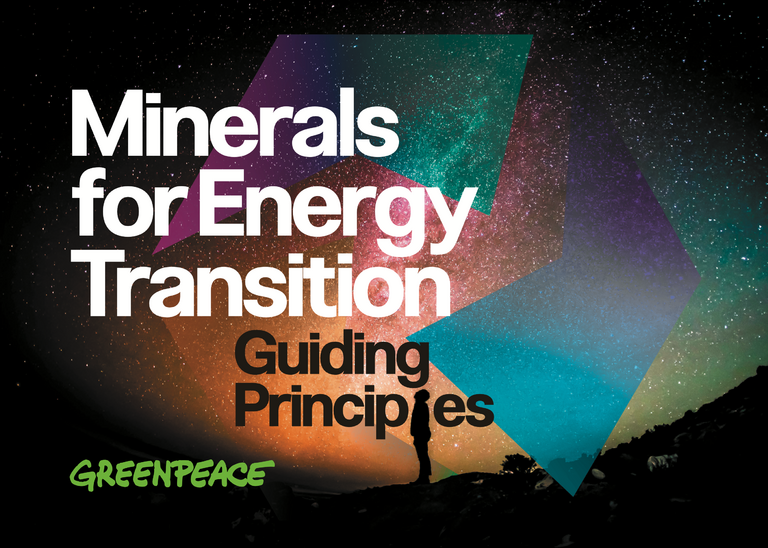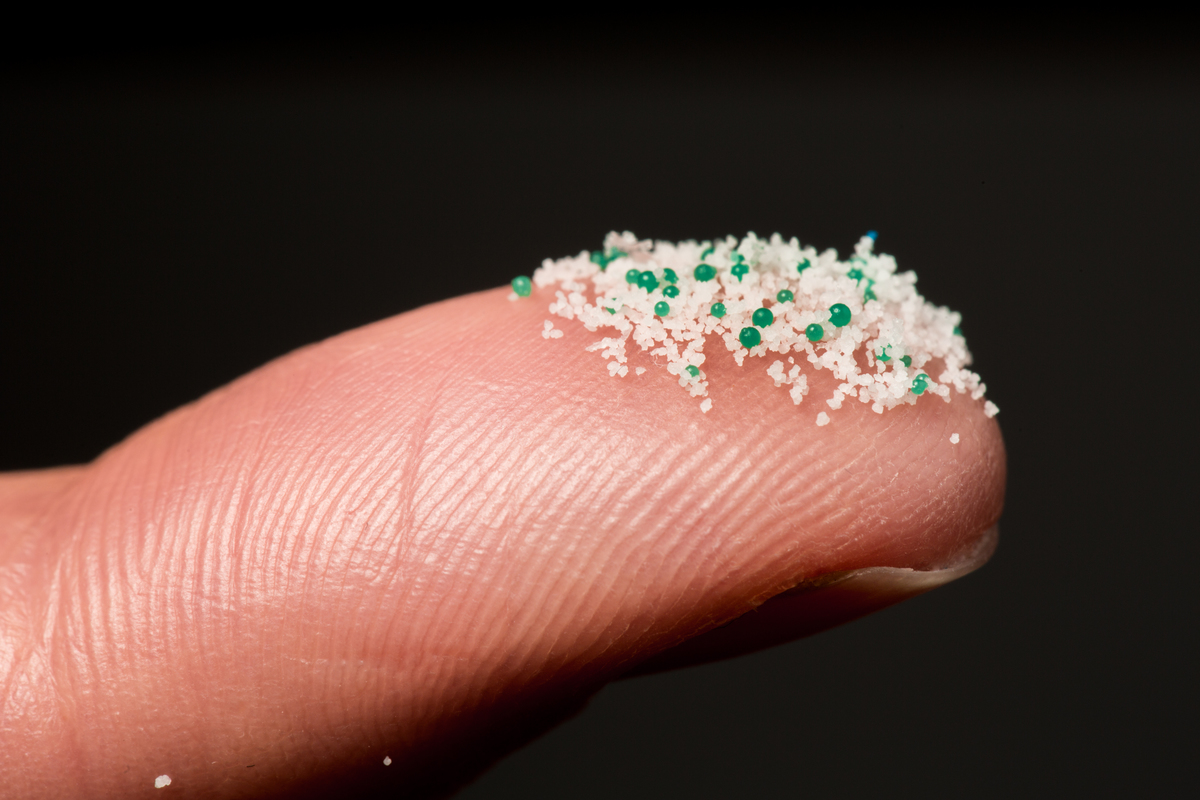Kuala Lumpur, Malaysia, 7 May 2021 – Maybank announced its plan to stop financing new coal activities. Maybank has also committed to a carbon-neutral position of its emissions by 2030 and to achieving net-zero carbon emissions by 2050. This makes Maybank the second bank in Malaysia to no longer finance new coal activities, even though they have not been as ambitious as their rival, CIMB, which last year committed to phase out coal from its portfolio by 2040.
Bank Negara Malaysia, Malaysia’s Central Bank, has repeatedly highlighted the critical importance of financial institutions managing climate risk.
“As the 4th largest Southeast Asian bank in terms of assets, Maybank has an important role to play in addressing the climate crisis. Through its lending and investing activities, Maybank can move the money away from the destructive coal business”, said Heng Kiah Chun, a campaigner from Greenpeace Malaysia.
Heng, added: “We expect Maybank’s plan to achieve net-zero emissions to include metrics and targets as recommended by the Task Force on Climate-related Financial Disclosures (TCFD) so that investors and other stakeholders can see that the bank is making measurable progress.”
The announcement followed a campaign by a coalition[1] of environmental groups calling on Maybank to live up to its ESG commitment and end finance to coal.
Coal is the single most significant source of global temperature increases to date. Scientists say if we want to meet the Paris Agreement’s 1.5°C target, coal needs to be phased out globally by 2040.
“Maybank’s commitment to no longer finance new coal activities is a first step. But before we get too excited, we need Maybank to confirm it’s commitment extends to corporate finance and other forms of support to the coal sector, such as arranging bonds or sukuk for coal projects. We also want to see Maybank match or beat its competitor CIMB, which has committed to phase out coal exposure by 2040”, said Binbin Mariana, Market Forces Energy Finance Campaigner.
Widya Kartika, researcher from Auriga added: “The latest science regarding the world’s remaining carbon budget points to a net zero being necessary by 2040, a decade earlier than Maybank’s commitment. We will continue pushing the bank to phase out coal from its portfolio by 2040. Given that Maybank’s coal financing comprises only 0.2% of its total portfolio, it should be easy for Maybank to phase out coal by 2040.”
Between 2010 and 2019, Maybank provided US$ 1.8 billion to coal through their lending and bond arranging activities. Last year, Maybank was involved in a syndication of banks that provided US$ 2.6 billion for the Jawa 9 and 10 coal power plant project in Indonesia.
“Maybank’s commitment to stop financing new coal activities must immediately be translated into concrete-immediate action so it will not be just a pseudo commitment to gain a good institutional impression. Maybank should immediately review their recent problematic decision by involving in Jawa 9 and 10 coal-fired power plant funding. Maybank still has a momentum to withdraw from this project since the construction has not started yet due to strong public pressure. Maybank will only put its reputation on the edge by insisting on taking part in a dirty energy project that will have a serious impact on environmental sustainability and the health of millions of people in Banten, Indonesia”, said Andri Prasetiyo, a Researcher from Trend Asia.
The bank was also involved in a US$ 400 million syndication loan to Indonesia’s coal giant, Adaro Energy, last month. Adaro is the second-largest coal producer in Indonesia. It controls at least 31,380 hectares of land, producing 54 million tonnes of coal in 2020 alone. Adaro estimates its coal reserves at 1.1 billion tonnes. Burning all of these reserves would release 2.2 billion tonnes of CO2-e, almost equivalent to India’s annual emissions.
As part of Maybank’s commitment, the bank committed to transitioning together with its existing borrowers to achieve a sustainable renewable energy mix.
“Adaro has not disclosed any plan to produce less coal, instead planning to produce as much coal in 2021 as it did last year. As a lender, Maybank should raise concerns about Adaro’s attachment to coal and urge Adaro to develop clear plans with metrics and targets for phasing out coal by 2040”, said Merah Johansyah, Indonesia’s Mining Advocacy Network Coordinator.
ENDS
[1] Organisations supporting the campaign include Asian Peoples’ Movement on Debt and Development (APMDD), Auriga Nusantara, Greenpeace Southeast Asia, Indonesian Forum for the Environment (Walhi), Indonesian Mining Advocacy Network (Jatam), Market Forces, and Trend Asia.



